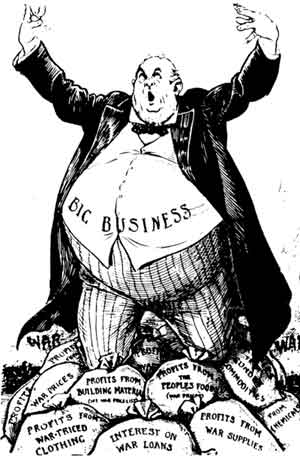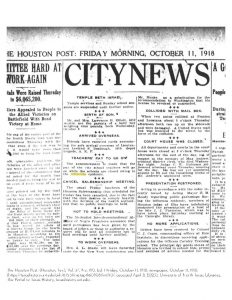 “The Demon of Unrest” by Erik Larson delves into the events leading up to the attack on Fort Sumter in Charleston Harbor. It’s a fascinating look at how two very separate ideologies put the country at odds with each other leading to what would become the American Civil War.
“The Demon of Unrest” by Erik Larson delves into the events leading up to the attack on Fort Sumter in Charleston Harbor. It’s a fascinating look at how two very separate ideologies put the country at odds with each other leading to what would become the American Civil War.
It was during this time that Abraham Lincoln would become the 16th president and was tasked with figuring out a way to keep both sides happy and keep the south from seceding from the Union.
How precarious was his position? Lincoln refused to go to Washington until the final vote was certified by both houses of congress. Complicating matters even more was that John C. Breckinridge, the current vice president was responsible for over-seeing the certification. Breckinridge, a slave owner from Kentucky lost to Lincoln in the 1860 election causing many to fear the country would not be able transition to the new administration and be thrown into chaos.
The election was officially certified, and Lincoln eventually made his way to Washington, D.C. albeit undercover as numerous death threats were made. There Lincoln struggled to understand what was really taking place in the south and was forced to face the war where an estimated 650,000 – 1,000,000 died was inevitable.
While “The Demon of Unrest” focused on the two very different principles between the north and south in the mid-1800’s, it’s hard not think of today’s America. While not geographically divided, America seems to appear to be moving toward going into two distinct camps; the far-left and the far-right, splitting the country into two very separate alliances.
One only has to look back at the events of Jan. 6, 2021 when the United States Capitol Building came under attack and was stormed by an angry mob who were upset by the election results and tried to stop certifying the results of the presidential election of 2020. Similar to Lincoln and northerners not understanding the mentality of people from the south and their believe in slavery as an honest and noble way of life, democrats have a hard time understanding the appeal of people like Donald Trump and Marjorie Taylor Greene.
The Civil War did not happen overnight. It took decades of distrust from both sides to reach the point where confederate rebels attacked Fort Sumter, looking to be free to live in a country that shared their values and beliefs. Are we at that point? That will be for historians to decide, but in the meantime, there are valuable lessons to be learned from what took place in the past, and what is taking place now.
It was Karl Marx who said, “history repeats itself”, but perhaps a more appropriate quote would be from George Santayana who poignantly said, “those who cannot remember the past are condemned to repeat it”.





